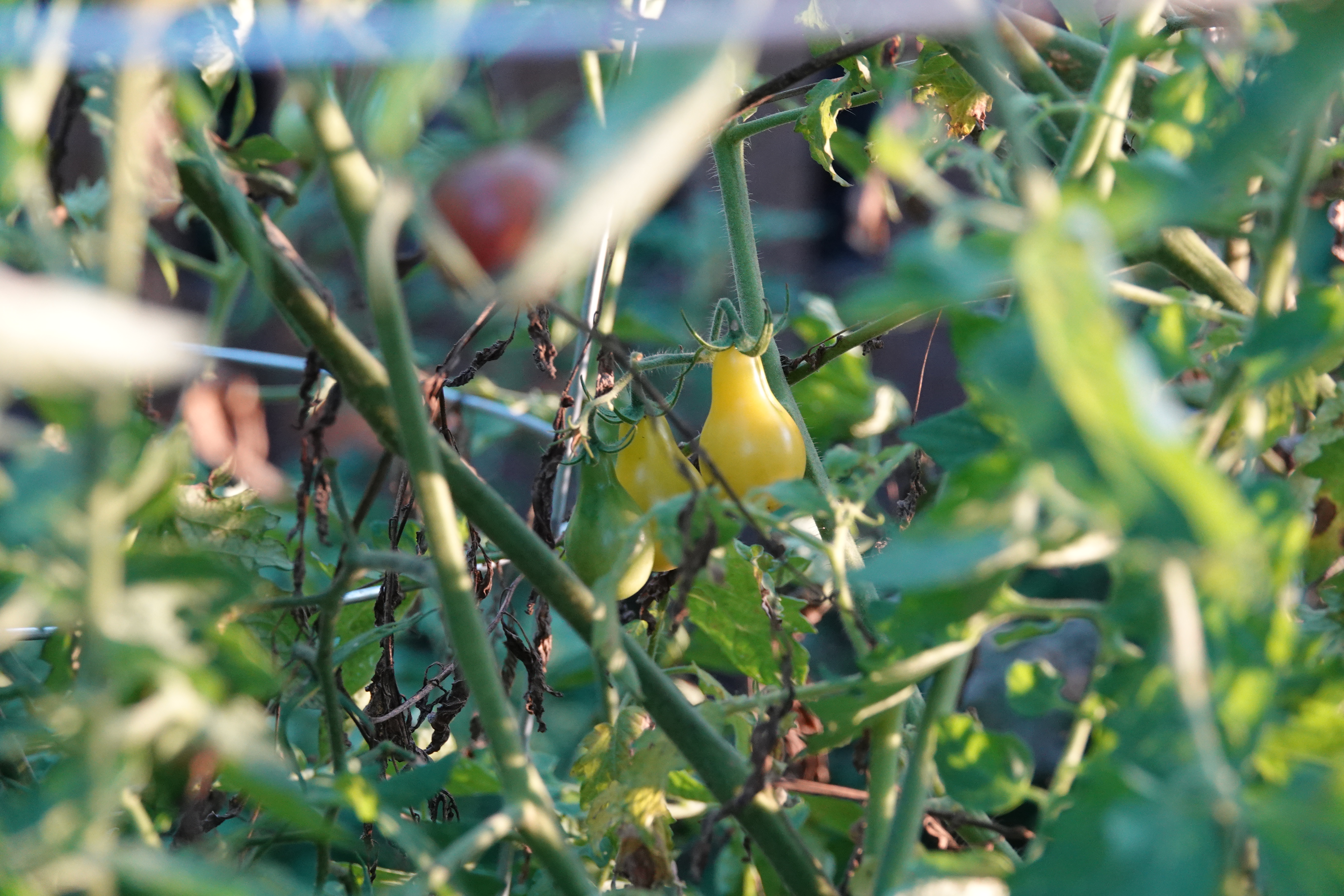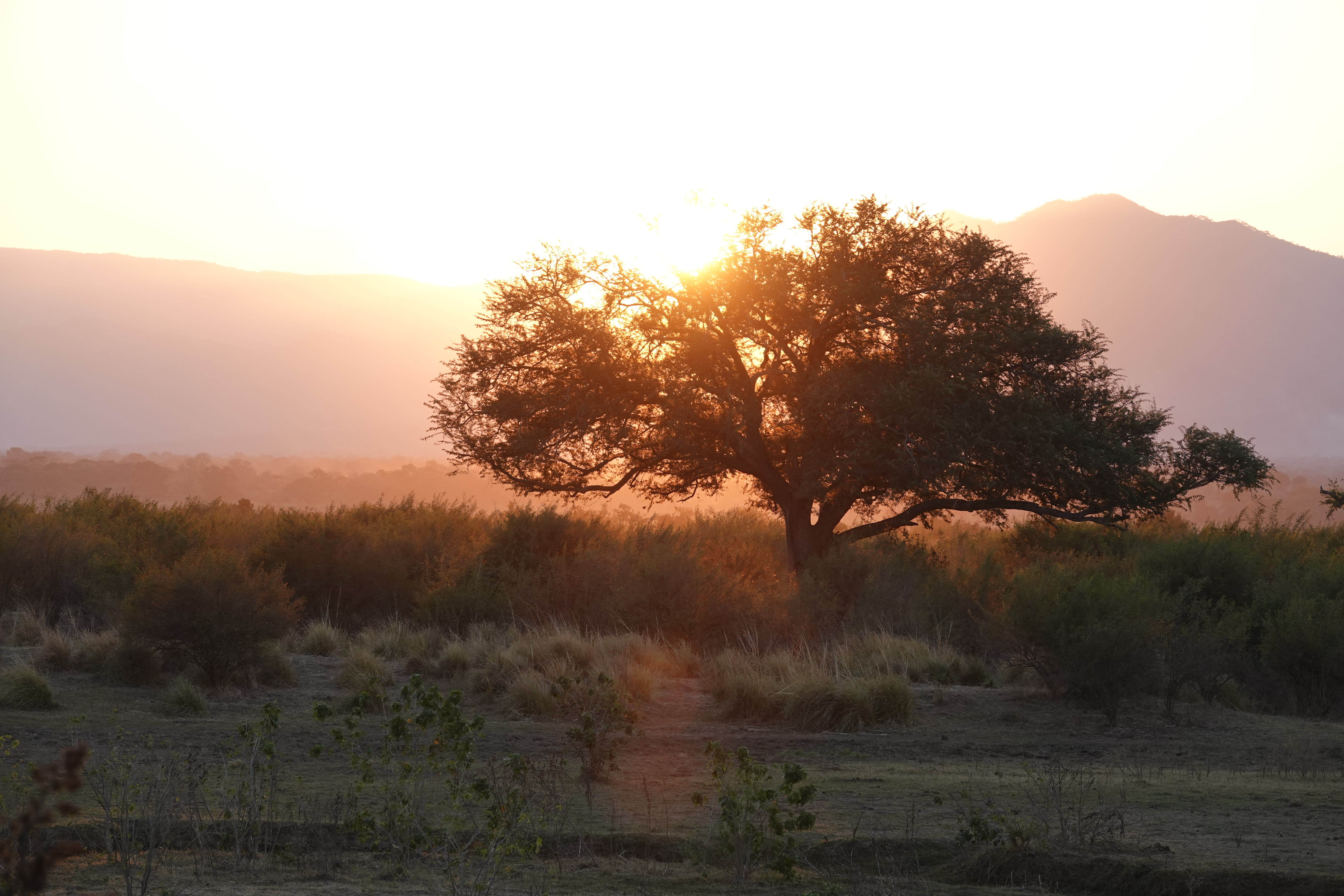
I know we were going to list Seventeen Things you can do to Save the Environment today. Our researchers have been hard at work on that and had made a good deal of progress until at our round table meeting this morning, Stupid Tad pointed out that each simple solution was based on time travel, and that the average person doesn’t have access to a time travel machine. The team has gone back to the drawing board. In place of saving the environment, we have an update for you from Artisanal Onion.
There have been a few unforeseen problems at the Artisanal Onionry. As many home onion product makers have discovered, growing, harvesting, and distilling onions to make delicious and wholesome products is expensive and difficult, and requires hours upon hours of training. Worst of all, attention to detail must be paid by someone. But by whom (who?)?
Because of the recent walkout by workers*, management has been handling all phases of the operation, clocking in more than a dozen hours a week making products, doing marketing and order fulfillment, and checking the water levels in the quadraphonic onion vats. Also, we have to sweep up discarded onion skins. It’s exhausting .
Purchasers of recent small-batch products can apply for a full refund by sending back products that may have fouled due to the onion fungus or stinkbug infestation. Our suppliers have apologized and we pass that apology on to you.
There is some good news to report. We’ve finally received FDA approval for several new and exciting products: onion enemas, onion skin condoms, strawberry infused onion shampoo. We hope to have these ready for delivery in time for one the many holiday seasons sprinkled throughout the calendar.
*Workers demanded that payment be valid and fungible, and that management provide them with onion goggles. Artisanal Onion is a strong believer in the free market and that our contractor partners, as business owners themselves, are responsible for their own equipment and income. We must end senseless government overreach and regulation plaguing the home onion industry. So called “Big Onion” enjoys a great deal of freedom and squelches small business competition from entrepreneurs like myself. Write your congressperson (who is probably in the pocket of Big Onion, so what’s the point…).



